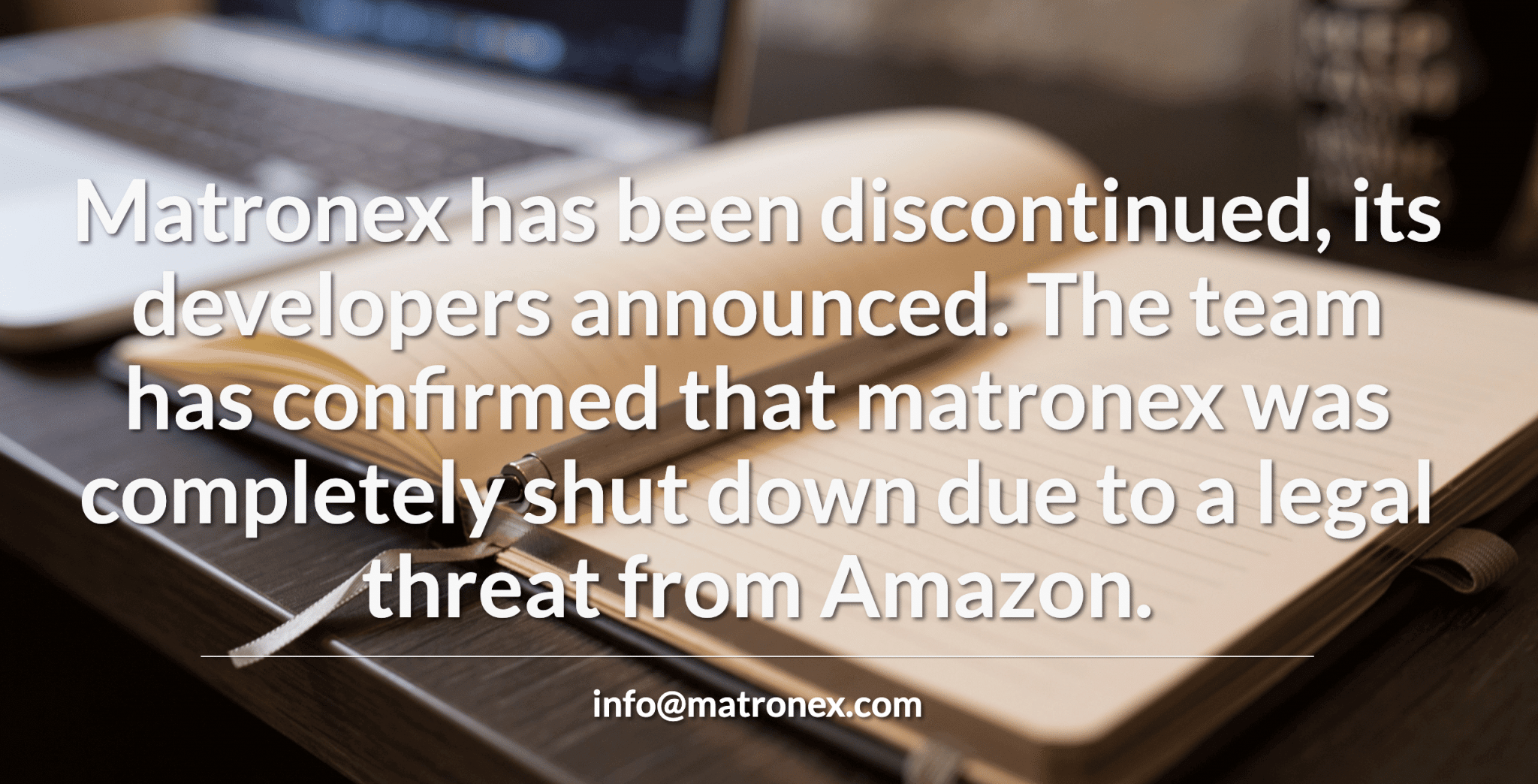Amazon Sues Multiple Fake Review Firms

Fake reviews on Amazon have been around for so long that it’s almost part of the platform. However, the ecommerce giant has recently been more proactive in dealing with companies that offer these black hat services.
Different Companies Targeted
Earlier this year, Amazon instituted suits against fake review firms such as AppSally, Fivestar Marketing, and Matronex. These companies have hundreds of thousands of online reviewers who may receive free products, or get paid, or both in exchange for positive reviews. They mostly target places like the US, Canada, Europe, Japan, and the United Kingdom.
Amazon has been successful with its earlier actions against fake review companies and forced them to cease operations. Now, it’s turning its focus on Hong Kong-based firm Extreme Rebate.

Amazon sued Extreme Rebate both in Germany and the United States. The Everything Store wants two main things from these lawsuits:
- For the court to order the company to stop operating and
- To give Amazon a list of sellers who hired it for its services.
In its defense, Merchant Global Limited, the entity that operates Extreme Rebate, says that there’s no obligation on their reviewers to actually leave reviews. According to the company, reviewers can even write negative reviews if they honestly dislike the products sent to them.
How Extreme Rebate Works
Extreme Rebate, just like most review firms, acts as a broker between the seller and reviewer. It attracts reviewers using free or discounted Amazon products. Their website shows how easy it is for reviewers to get products for zero dollars:
Would-be reviewers would have to request products they see on the site. Once they’ve chosen, the seller then has to approve the request. If approved, the reviewer receives “review specifications.” For example, he can state that he wants a five-star review with three to four sentences in the description.
The next step is for the reviewer to purchase the item on Amazon and send the order ID through Extreme Rebate. At this point, the reviewer will have to use their own money to actually purchase the item. They will only get their cash back when they’ve posted the review and sent proof to the seller.
So Extreme Rebate works just like its name suggests. All transactions regarding the dummy orders are done off-Amazon, which makes them harder to trace.
A Problem for and by Sellers
Honest third-party sellers suffer as a result of fake reviews. However, the very people fueling these firms’ businesses are also sellers themselves. While Amazon is currently more focused on these fake review companies, the fact that it’s asking for the list of sellers who used their services signals that they plan to take action against these merchants in the future.
Earlier this year, Which?, a consumer watchdog, identified glaringly fake reviews on Amazon. It studied product listings of bluetooth earphones and found reviewers talking about totally unrelated products such as shower curtains.
The evidence of the inauthenticity of some reviews is clear, so Amazon’s more aggressive approach will be much appreciated by both customers and sellers.
Customer reviews have been allowed on Amazon since 1995, and they still matter—a lot. Soon enough, these fake five-star ratings will catch up on erring sellers. Maybe they should be reminded that there are still white hat ways of getting Amazon reviews.




